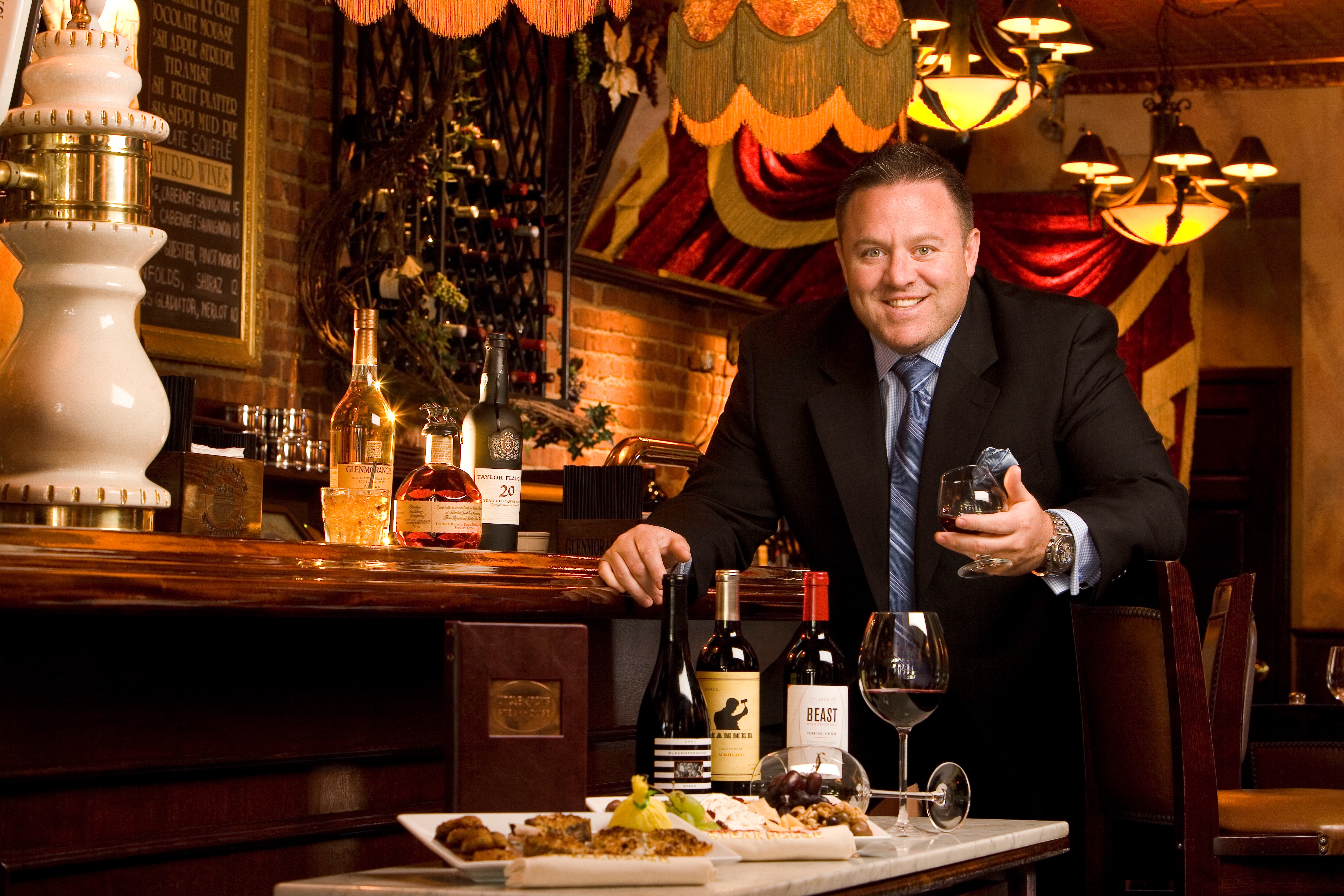Article
Restaurateur/TV personality Willie Degel launches his first mobile eatery
Veteran restaurateur and TV personality, Willie Degel, has long recognized the brand building potential of mobile eateries, but he needed to have the right team before launching his first food trailer. Jack's Shack made its debut this month.

January 13, 2020 by Elliot Maras — Editor, Kiosk Marketplace & Vending Times
Editor's Note: This is part one in a two-part series on Jack's Shack.
Willie Degel, a longtime New York City restaurant owner and a TV personality, is no stranger to food trucks. He has kept a close eye on the food truck industry over the years. But as an experienced foodservice professional, he has taken his time before taking the plunge and launching his own mobile eatery.
This is the year Jack's Shack food trailer makes its debut. Degel kicked off the year introducing his first trailer to his Georgia operations, and plans to add them to all of his restaurants. Like other restaurant owners who have added mobile kitchens, Degel sees them as a great way to build a brand and at the same time create an additional source of revenue.
"It's going to be another cool way of marketing and representing the brand," he told Food Truck Operator.
A longtime foodservice veteran
 |
| Willie Degel has cultivated a reputation as a steakhouse expert, employing aggressive media relations. |
Degel, 52, has been in the restaurant business since he was 19, and was host of the Restaurant Stakeout, a reality television show on the Food Network which ran for three years. The show was broadcast in more than 70 countries. He traveled the country helping restaurateurs run their businesses.
His restaurant empire currently employs 225 people and includes two Uncle Jack's Steakhouses in New York City, Uncle Jack's Meat House restaurants in Astoria, Queens, New York and Duluth, Georgia, and Jack's Shack Organic Eatery, a fast casual in Glen Head, New York. More are on the way.
The industry evolves
"The food trucks evolved tremendously in the last 10 years," he said. "There were always food trucks, there were always food carts, but it was much more lower end, much more fast-grab; bottom-line, ‘junkish' food."
"Today, it's much more niche market, it's little mini restaurants on wheels," he said.
A food trailer makes a brand more versatile and more accepted by people who may not be aware of it, he said. "It's just another layer of building your business and brand," he said.
Most would agree that Degel's mastery of branding has played a big role in his success. The reality TV show was one of several venues he has employed to market his brand. He has posted a number of professionally produced YouTube videos on restaurant management, and has been interviewed by numerous newspapers, magazines, and national television networks.
At the same time, the trailers will operate as a separate profit center within Degel's operations as his business continues to expand.
"It's its own item, run the right way with the right people," he said, and it can build its own following and become profitable in its own rite.
He believes a trailer can generate $500,000 a year if he can manage his costs well.
The right team and circumstances
Degel designed his first mobile kitchen five years ago, but he realized that to be successful, he needed the right person to operate it and the right circumstances to launch it.
"I build things around people," he said. "It was an extension of me and an extension of the brand."
He needed someone who would take "ownership" of the new operation and allow him to focus on managing his restaurants. The prospect of owning a mobile kitchen in New York City was especially challenging since permits cost in the tens of thousands of dollars.
Degel's expansion to Georgia three years ago served as a segue to his first mobile kitchen. One of his Georgia sous chefs wanted to run a food truck or food trailer.
"I like to help people fulfill their dreams while working for me," he said.
"We're going to use the trailer as an extension of the brand for the Meathouses in Georgia," he said.
The trailer will serve catering events and festivals.
Having the right person to manage the vehicle was only the first step, however. Part two of this two-part series will explore how Degel developed his food trailer.
Images courtesy of Willie Degel.
About Elliot Maras
Elliot Maras is the editor of Kiosk Marketplace and Vending Times. He brings three decades covering unattended retail and commercial foodservice.
 ChatGPT
ChatGPT Grok
Grok Perplexity
Perplexity Claude
Claude






